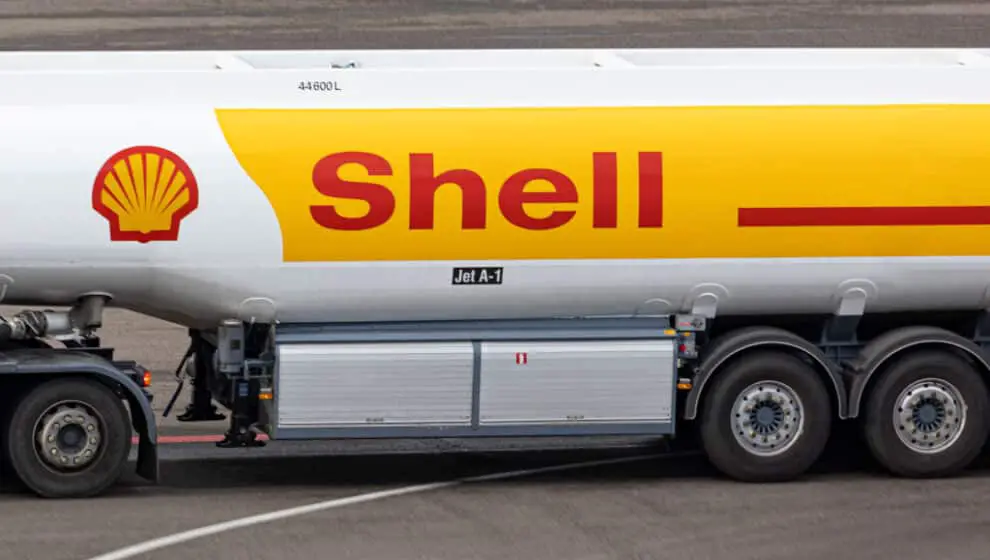Experts say the need for oil will be around for a while, as the transition to alternative energies will take time.
Key Details
- Biden wants oil to keep being produced to keep prices low, but if oil supplies were low enough to be used up in the next decade, prices would soar, which hasn’t yet happened.
- U.S. oil and gas production has been rising. Domestic oil production will likely hit a new record of 12.5 million barrels per day in 2023 and 12.7 million barrels in 2024, according to the Energy Information Administration.
- Many think the demand for oil will continue well into the future and, in the next few decades, will still be relatively close to the demand we’re seeing today, with demand peaking around 2031.
- “By 2050, oil demand will be about where it is today,” says S&P Global Commodity Insights’ Dave Ernsberger.
Why it’s news
In his State of the Union speech, President Joe Biden said that we’re going to need oil for at least the next 10 years, but many experts say oil will be needed for much longer.
President Biden has been pushing for the move to clean energy, downplaying the demand for oil, stating that the demand for oil will continue for the next decade, but many experts say oil demand will continue for much longer.
Adds Ernsberger: “If we’re not investing in fossil fuels, we will see more and more disruptions to energy security. There could be potential shortfalls in supply, and we could see more inflation spikes driven by energy.”
His firm believes that demand for oil will peak around 2031 and will likely stay at those high levels for years, possibly even decades.
Biden and many others are hoping the U.S. will mostly rely on renewables before oil fizzles out, allowing the country to avoid the problem of having a high demand for oil with little resources.
Backing up a bit
Oil and other fossil fuels are the lifeblood of the world economy. Where the trend is moving away from fossil fuels and toward cleaner-burning energy such as solar and wind, that transition will take years—and therefore a strong reliance on oil is necessary.
BP’s profits in 2022 were nearly double the previous year’s. The British oil producer isn’t the only oil company receiving criticism for high profit margins this year. Shell’s profit was $41.6 billion— more than $10 billion higher than its previous record. ExxonMobil posted a new high of $55.7 billion and Chevron $36.5 billion in profits, The Washington Post reports.
Many oil companies are under pressure from shareholder activists who propose resolutions to force companies to follow commitments from the Paris Accord on climate change. However, support among fellow shareholders for these resolutions is declining.
